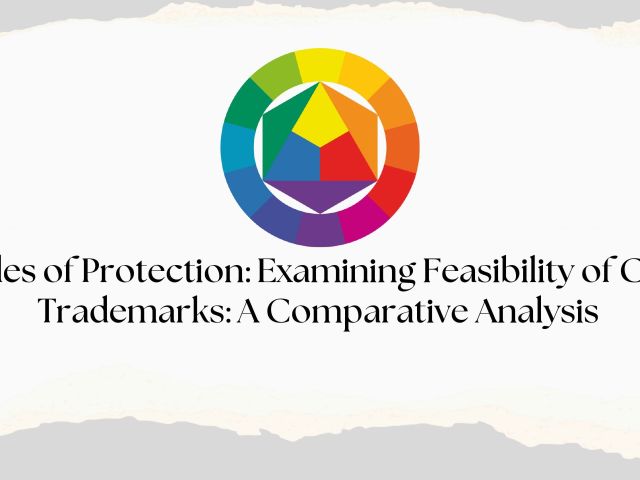Genericide is a legal term used for ‘generification.’ ‘A generic trademark’ also known as genericized trademark or proprietary eponym, is a trademark or brand name that because of its popularity or significance has become the generic name for, or synonymous with a general class of products or services, most of the times against the wish of the trademark holder.
It is the historical process whereby a brand name or trademark is transformed through popular usage into a common noun.
One of the earliest uses of the term ‘genericide’ was in the late 1970’s when it was used to characterize the initial loss of Parker Bros. trademark Monopoly. The decision was overtuned in 1984, and Parker Bros. continues to hold trademark for the said board game.
Bryan Garner quotes a judge’s observation that the term ‘genericide’ represents malapropism: It refers to the death of the trademark not to the death of the generic name of the product. A more appropriate term might be trademarkicide or perhaps even generalization, either of which seems to better capture the idea that the trademark dies by becoming a generic name.
Genericide is a serious but avoidable consequence. CELLOPHANE, ESCALATOR, XEROX and THERMOS were trademarks that met this fate. Because genericide can be lethal to a company’s intellectual property portfolio, precautions should be taken to ensure that the trademark is used correctly from the time of its adoption.
ESCALATOR, THERMOS and YO-YO are among those already buried, while there are numerous others arguably hovering at the gates. German pharmaceutical company Bayer had to give up its rights on Aspirin trademark in the treaty of Versailles, which followed its defeat in World War One. But this only applied to aspirin’s use in the victor nations which were the USA, UK and France leaving Bayer’s mark still enforceable in the rest of the world.
Google is extremely aware and cautious about the issue. Keeping this in mind they have even published “rules for proper usage” of all its trademarks. They are against the use of Google term as a verb.
Probable reasons behind Trademark Genericide
Genericide of a trademark can occur due to one or more of the following reasons:
1. The product associated with the trademark enjoyed monopolistic position eventually leading to the trademark’s association with the good rather than the source of good; and/or
2. Lack of the suitable substitute term for the trademark in question; and/or
3. Intrasigence of the companies owning their trademark. The companies owning these kinds of trademarks find their self stuck in tricky situation. On one hand they extensively market their brand so that it can be famous and once it happens they want to control how their product should be known.
Measures to avoid Genericide
Famous trademarks like Google, Yahoo, Xerox etc. are now on the pearly gates of the trademark genericide. In 2012, the IPAB while deciding B.V. Ilango vs. Rank Xerox Ltd, held that if a company or brand had taken extensive measures to rectify and police the incorrect usage of their trademarked term including sending cease and desist notices, it will not be considered as generic term.
The companies who have lost their trademarks are themselves responsible since they did not act in time to save their trademark from this untimely death. Trademarks like trampoline, sellotape etc. come under this category.
It is the need of the hour that the trademark owners may take various steps to reduce the risk, viz. educating businesses and consumers on appropriate trademark use, avoiding the use of their marks in a generic manner and systematically and effectively enforcing their trademark rights.
Where a trademark is used generically, a trademark owner may need to take aggressive measures to retain their exclusive rights to the trademark. Xerox Corporation attempted to prevent the generization of its core trademark through an extensive public relations campaign advising consumers to “Photocopy” instead of “Xerox” documents.




